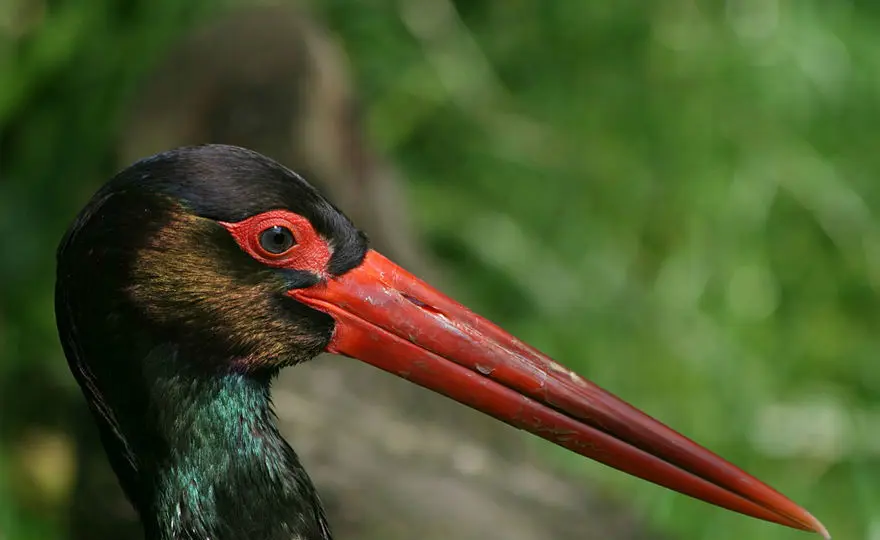ClientEarth Communications
27th April 2020


Date 4th June 2020, 11 am CET Brussels time, 10 am GMT London time
Duration: 1h30
This webinar provides an overview of the legal framework that applies to individuals and NGOs seeking to enforce the Habitats Directive in national courts. It is organised by ClientEarth with funding from the European Commission Life Programme and is intended for public interest lawyers, judges, public authorities and NGOs.
Presenters: Anne Friel, Environmental Democracy lawyer, ClientEarth
Soledad Gallego, Wildlife lawyer, ClientEarth
1. Introduction to the legal framework on access to justice in the context of the Habitats Directive (20 minutes)
• Brief introduction to the access to justice obligations in the Aarhus Convention and their implementation in EU law with regard to the Habitats Directive;
• Discussion of main case law regarding access to justice and the Habitats Directive.
2. Case study on SEO/Birdlife challenge to the open pit mine project in the Zilbeti Forest, Spain (40 minutes)
• Insights into the practical implications of challenging permits on the basis of the Habitats Directive, including possible interactions with other EU procedures.
3. Questions from participants
Access to Justice is a fundamental means through which citizens and NGOs can support the implementation and enforcement of laws and policies to protect the environment. The goal of this ATOJ-EARL project is to achieve “Access to Justice for a Greener Europe”. It strives to enhance access to justice in environmental matters by providing information, training and support for the judiciary, public authorities and lawyers of eight European member states. ClientEarth and Justice and Environment are implementing this project with the financial support of the European Commission’s LIFE instrument.
